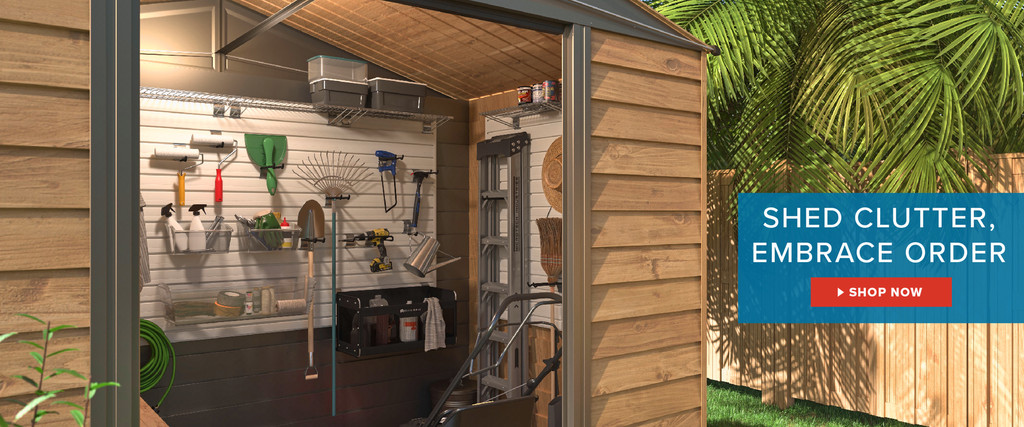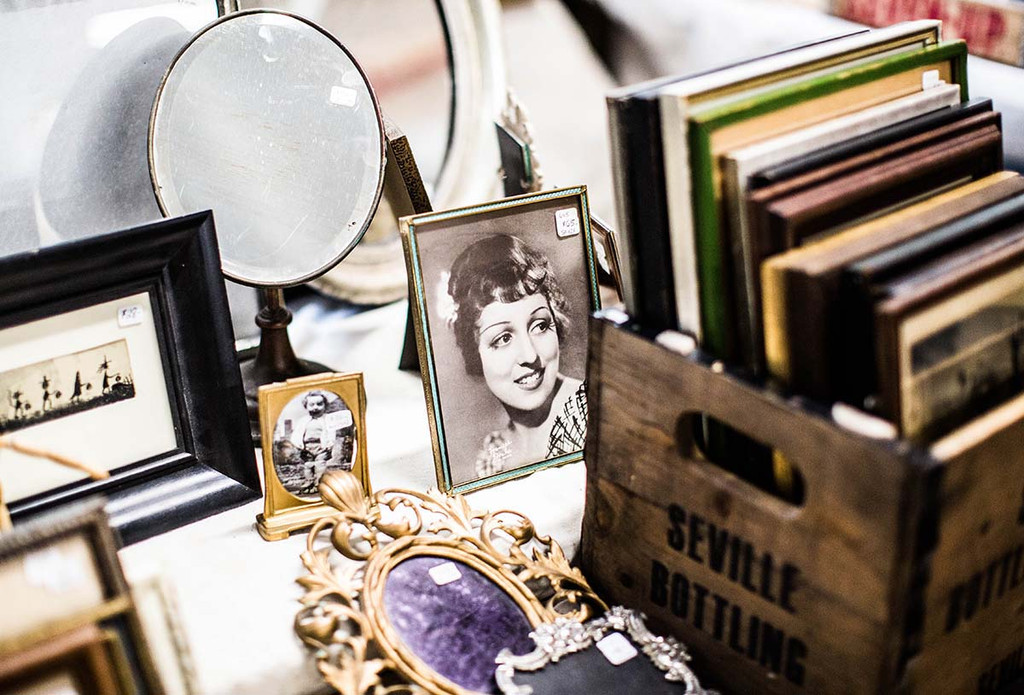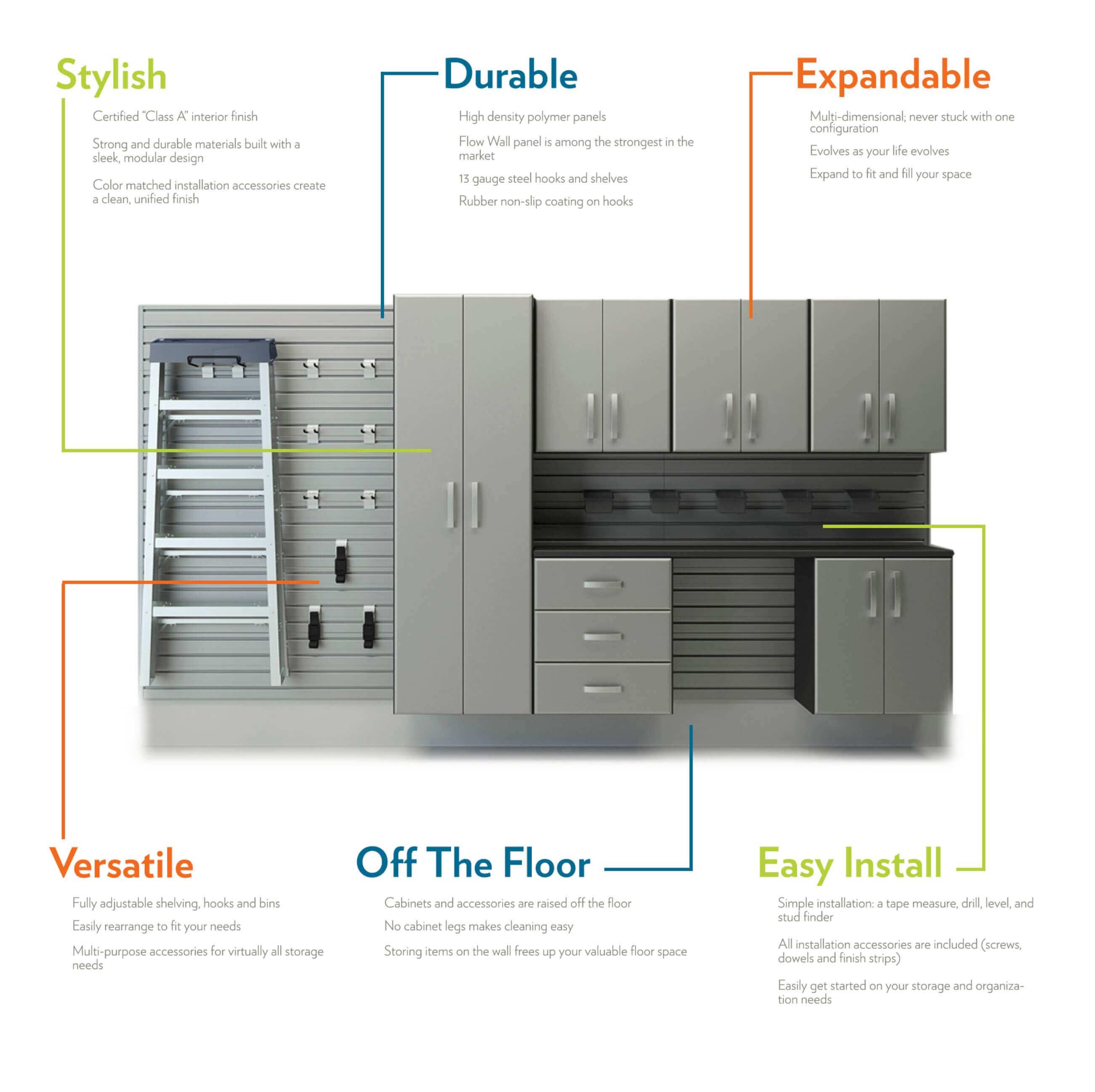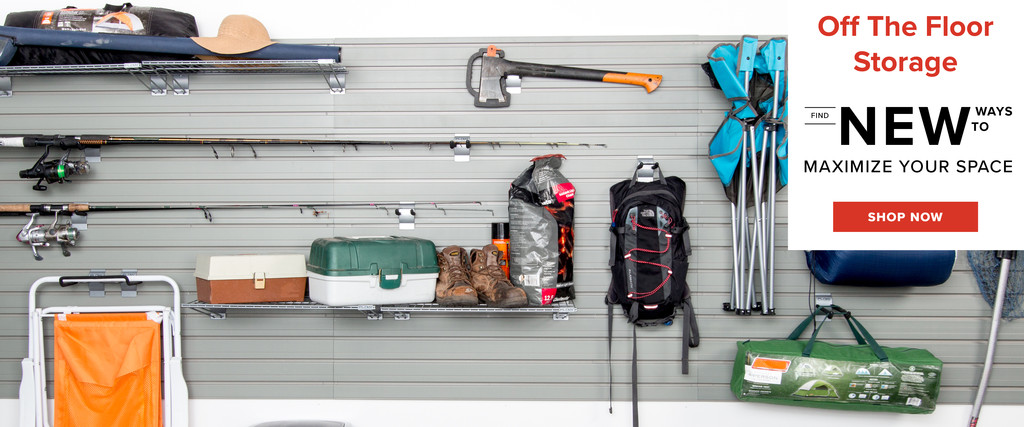Attention all collectors! Whether you own a mini museum of "Star Wars" action figures, "Superman" comics, or vintage baseball cards, you should protect your investment. These valuable collections need more attention and care than some of your other belongings, as they are likely delicate. If you can't display them in your house, you'll have to store them carefully. Fortunately, we have a few tips for keeping your items safely tucked away and in good condition until you want to pull them out again.
Use archival boxes
Spring is in the air, and those dust bunnies aren't going to clean themselves, especially when it comes to your garage. When you want to get your garage in order, the best way to get the job done is with a good ol' fashioned garage sale. Before you start rolling your eyes, keep listening. A garage sale may seem a little old-school and like a lot of work, but it's the original way to go green. Get rid of your junk and declutter, no landfills necessary! It's time to roll up the sleeves of your pretty blouse and start purging. Check out these pro tips for how to have a successful garage sale.
Remove air and light
Air can oxidize collectables like coins, and light can fade color, so you need to remove both elements when storing. Place metal items in air-tight containers, and store everything away from windows. Make sure your storage bins are opaque so any light in the room doesn't get through the box.
Buy and use acid-free tissue
Acid-free tissue paper serves several purposes, so stock up on it when you're preparing a collection for long-term storage. Acid-free tissue paper contains no harsh chemicals that could deteriorate your collectables, so it's safe to wrap around your belongings. Wrapping them up will also help prevent chips and scratches. You can also use acid-free tissue paper to fill empty space in storage boxes - you don't want your collectables jostling around when you move the box.
Avoid the basement or attic
The extra space in your basement or attic may seem like the optimal storage area for collectibles, but you should think again. Both these areas of the home are prone to mold and mildew. Attics may also experience leaking if your roof ages, gets a hole or two, and drips after wet weather. These rooms also don't have a controlled temperature or humidity. Instead, consider storing your collections in your garage. This space is more stable than the other two and isn't likely to flood the way a basement could.
Keep boxes off the ground
While a garage isn't likely to flood, you may get some standing water when snow or rain get tracked in on tires or shows. However, that possible problem becomes insignificant if you keep your collections off the ground by storing them on garage shelves. This will remove clutter from the floor of your garage and keep the boxes away from any liquids you may accidentally track inside. You can choose how high the shelves are if you use wall mount storage. If you won't use the collections for a while, you can place the shelves up high, leaving space below to store items that you use more frequently.
Put boxes in cabinets
As you know, you need to prevent your items from light exposure, which you can do using garage storage. Add an extra layer of protection b keeping boxes of collectibles inside cabinets. That way, you can close the doors to keep your collections even more in the dark. Some cabinet systems allow you to install wall-mounted shelves inside and space them apart intervals that work for whatever you want to keep inside. The shelves will allow you to put numerous boxes in the same cabinet and maximize your use of space.
Sort by collection
Consider keeping similar items together. For example, all of your baseball cards should be in one box, and your personal records should be in another. Furthermore, you'll want to maintain a complete inventory. That way, you'll know you have all your items. Consider taping a list of what's in each cabinet on the inside of the door or keeping a master list inside each box.
Finish Collection Storage with Flow Wall
Getting the items in your collection boxed up is only part of the process. Create a space for those boxes to live safe and sound with a Flow Wall storage system. Garage storage for your collection just got simpler.









